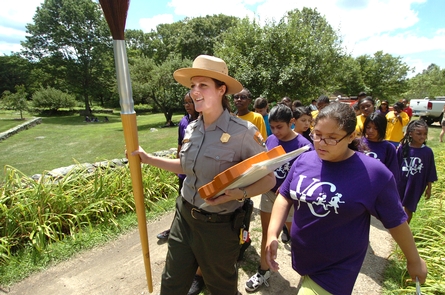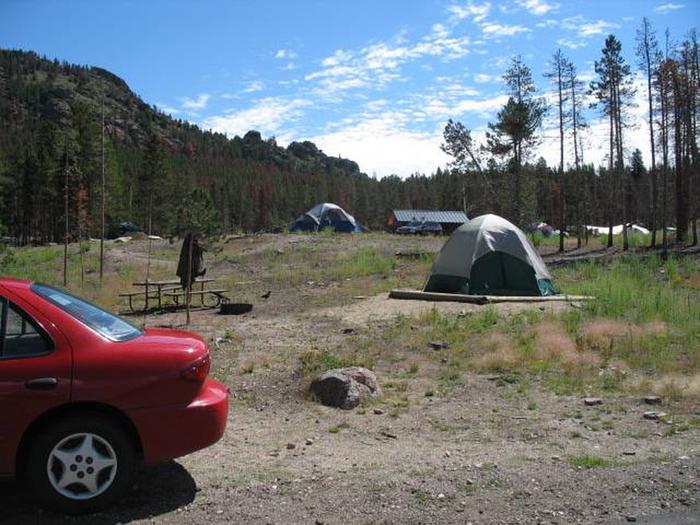Directions
You cannot drive to the refuge and wilderness since no roads lead into Bethel, the location of the refuge headquarters. Various airlines provide regular commercial flights to and from Bethel. Upon arriving in the airport in Bethel, drive 2 miles along one of the few paved road in town, the Chief Eddie Hoffman State Highway, to the refuge office and visitor center which is located across from the hospital (a structure known locally as the “yellow submarine”). From Bethel, most non-local visitors travel into the refuge by small aircraft.
Phone
(907) 543-3151
Activities
WILDERNESS
Camping Reservations
Reserve your campsite at these camping areas:
Hiking Trails
Looking for nice hiking areas to take a hike? Choose from these scenic hiking trails:
Related Link(s)
The Andreafsky Wilderness now contains a total of 1,300,000 acres and is managed by the Fish & Wildlife Service. All of the Wilderness is in the state of Alaska. The expansive 1.3 million acres of the Andreafsky Wilderness cover only slightly more than 5 percent of the monstrously vast 20-million-acre Yukon Delta National Wildlife Refuge, America’s largest unit of the National Wildlife Refuge System. Most of the delta is wetland tundra and marsh, and about one-third of it lies underwater. Here you’ll find moose, foxes, beavers, martens, minks, wolves, wolverines, caribou, large populations of black and brown bears, and millions of salmon. The Andreafsky River and its East Fork, in the northern section, flow southwest along parallel paths and drain into the Yukon River. Forests of white spruce and balsam poplar grow along the riverbanks through the Wilderness. Near the headwaters the forests give way to alpine tundra, and a relatively flat, treeless delta. Fishing is excellent, and the bears know it. Both rivers are scenic, but the East Fork has more trees and runs closer to the mountains. One hundred twenty-five miles of the Andreafsky and 137 miles of the East Fork are designated National Wild and Scenic Rivers, attracting river runners and anglers. Summers are cool and gentle by Alaskan standards, with days of fog. Winters are cold, dry, and severe.





